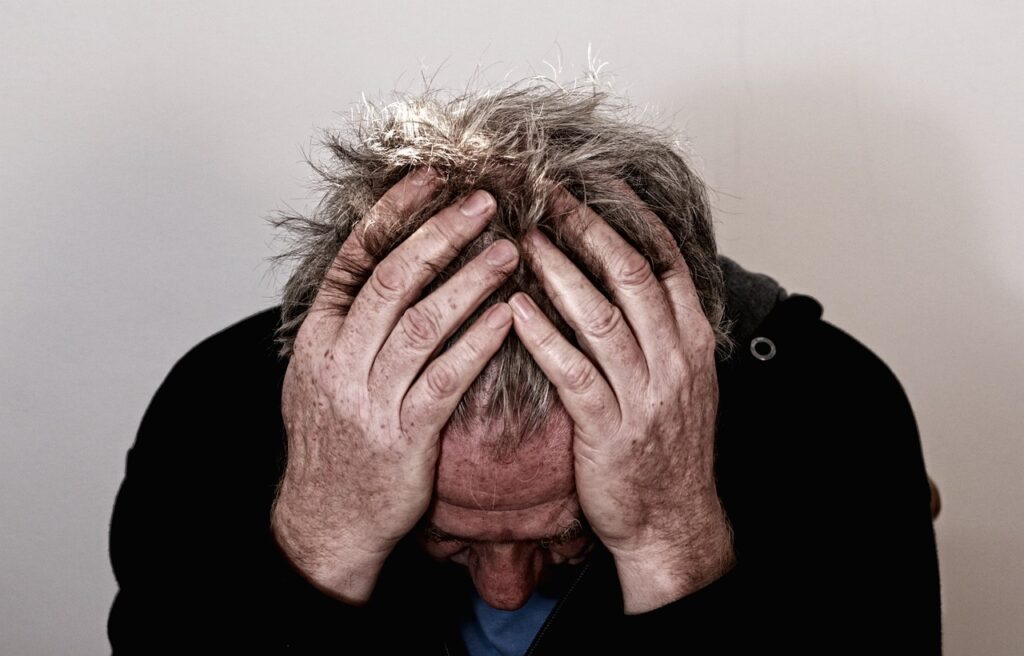Breaking the Silence on Men’s Mental Health: How to Ask for Help
Category: Men's Mental Health
Facing more stigmas around mental healthcare than women, how and when should men ask for help if they’re struggling?

Topic Of Discussion
Asking for help can be challenging for anybody, but for men, especially Boomer or Gen X aged men, stigmas around mental health support can make it even harder.
Until the last generation or so, or even more recently in certain communities, men’s mental health was rarely talked about, if at all. To struggle to discuss something you’ve never even heard spoken about is totally understandable.
Nevertheless, statistics show that discussion surrounding men’s mental health truly needs to happen. Unfortunately, men are 3.9% more likely than women to engage in dangerous, life-threatening behaviors. For many men, getting the right support can truly mean life or death.
So, how can men ask for help if they’re struggling? And what are some signs that men might need mental health help? Read on for answers:
How to know if you need help:
The National Institute of Mental Health lists these symptoms of common mental health issues in men:
- Anger, irritability, or aggressiveness
- Noticeable changes in mood, energy level, or appetite
- Difficulty sleeping or sleeping too much
- Difficulty concentrating, feeling restless, or on edge
- Increased worry or feeling stressed
- Misuse of alcohol, drugs, or both
- Persistent sadness or feelings of hopelessness
- Feeling flat or having trouble feeling positive emotions
- Engaging in high-risk activities
- Aches, headaches, or digestive problems without a clear cause
- Obsessive thinking or compulsive behavior
- Thoughts or behaviors that interfere with work, family, or social life
- Thoughts of death
And these aren’t the only symptoms. The best way to know that you need help is by trusting your gut. Any man with a physical injury might logically seek treatment. If you’re struggling with something mentally – no matter how big or small – trust that it isn’t weak to seek support.
How to ask for help:
Men who are ready to ask for help have options. Whether you talk to a trusted friend or family member first or decide to seek professional help, know that the first step is often the hardest…and thereby anything but a sign of weakness.
At Tri-Star Counseling, our approach to therapy for men centers on straight talk, strong ethics, and clear goals. Additionally, our counselors are credentialed professionals with experience and proven success. Contact us today to make a strong step toward a healthier, happier future.


